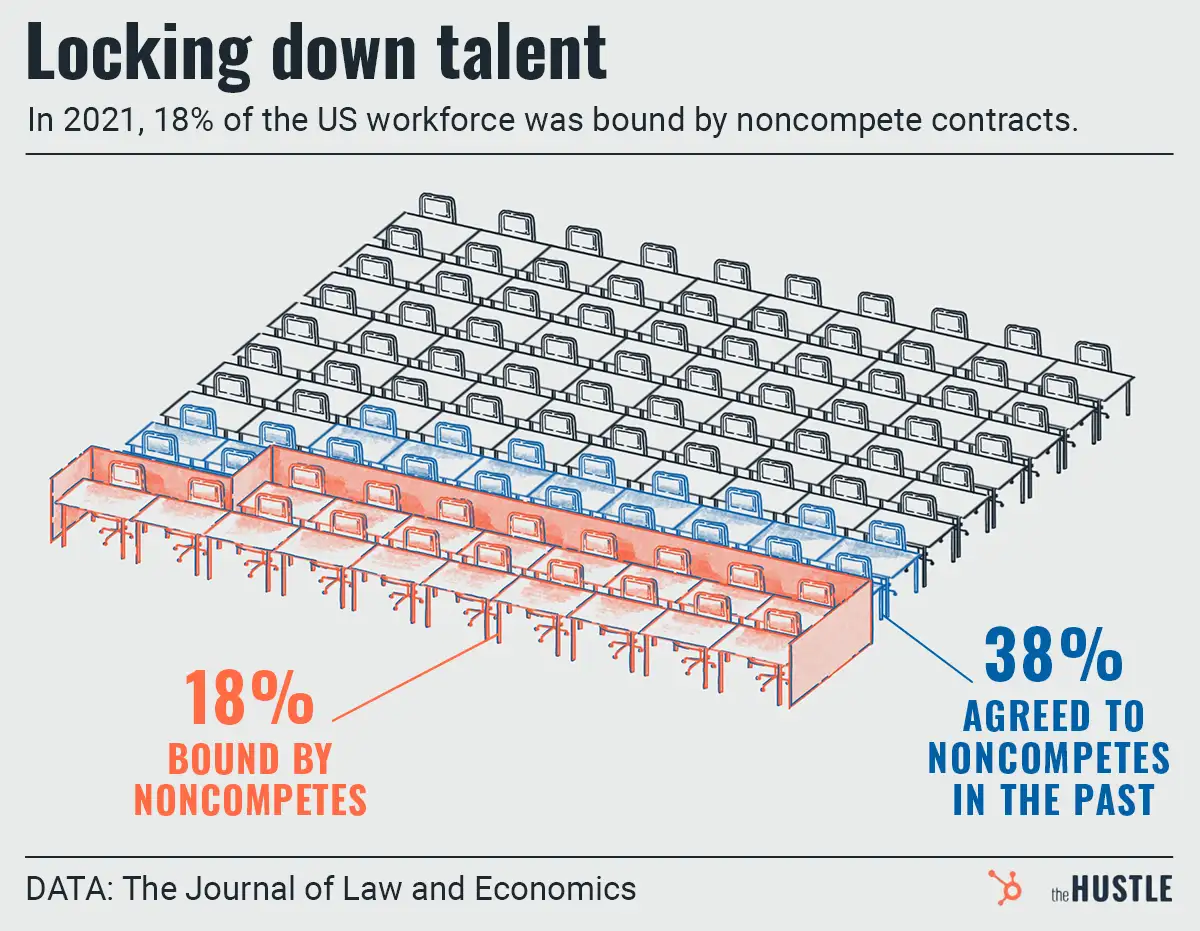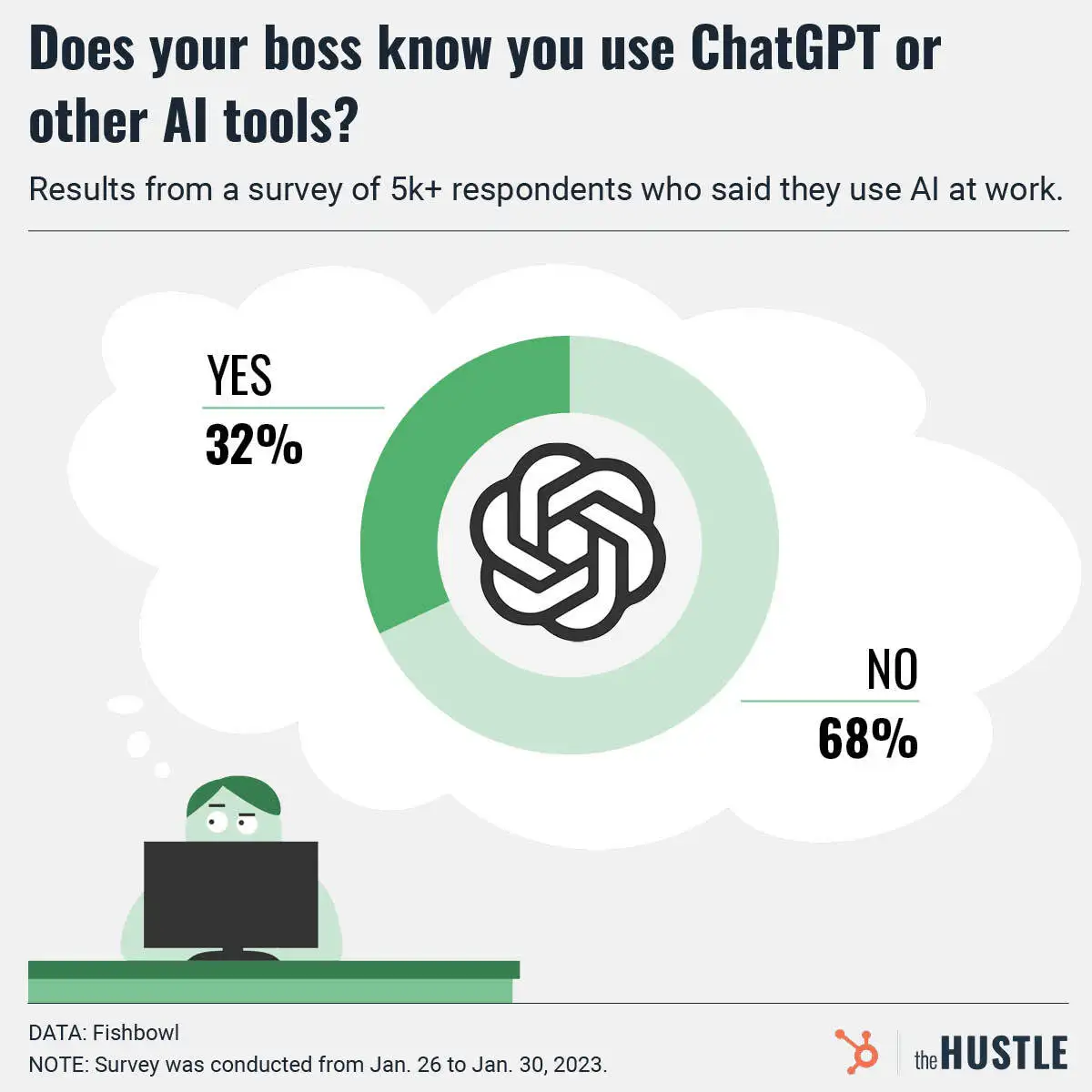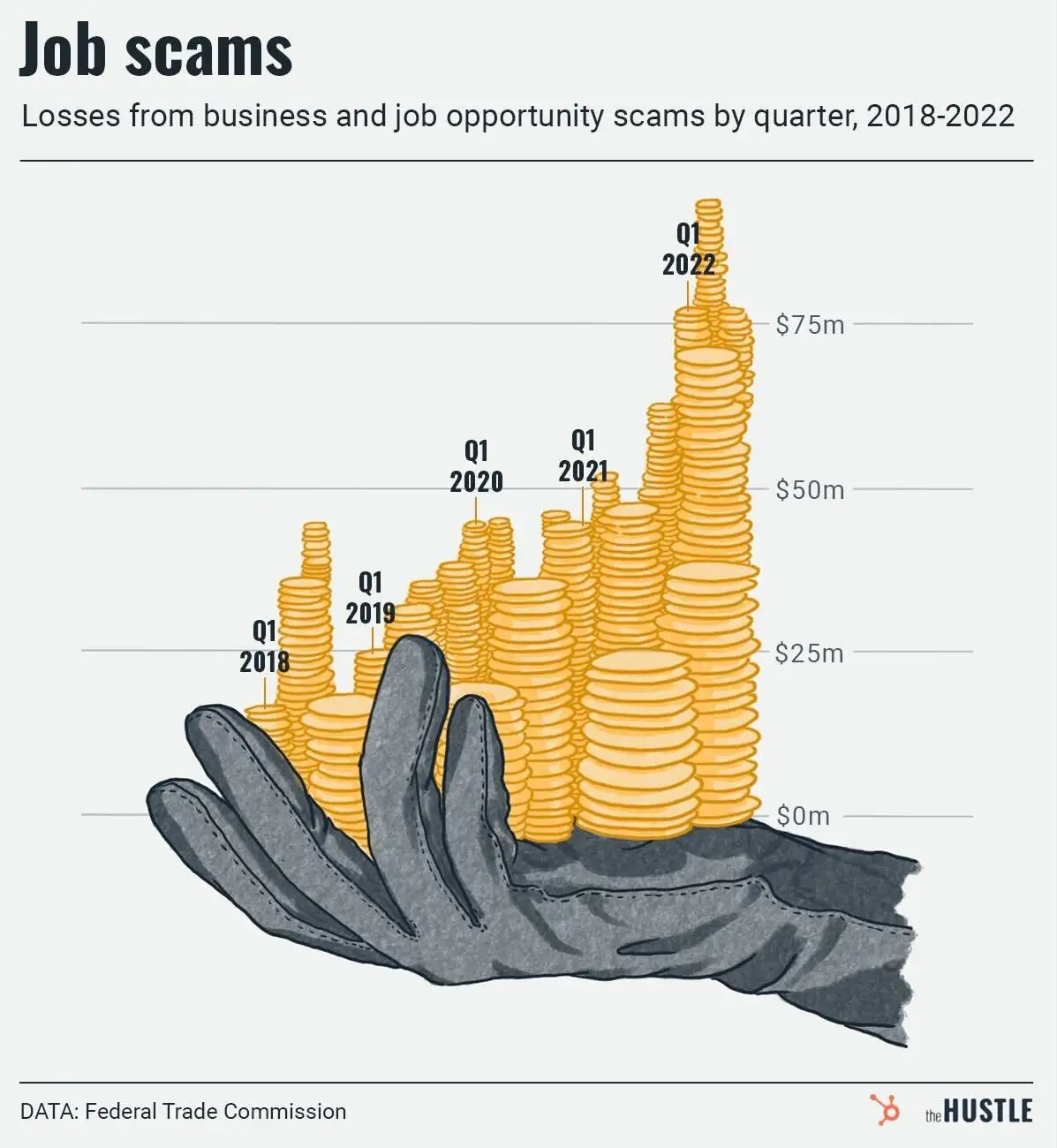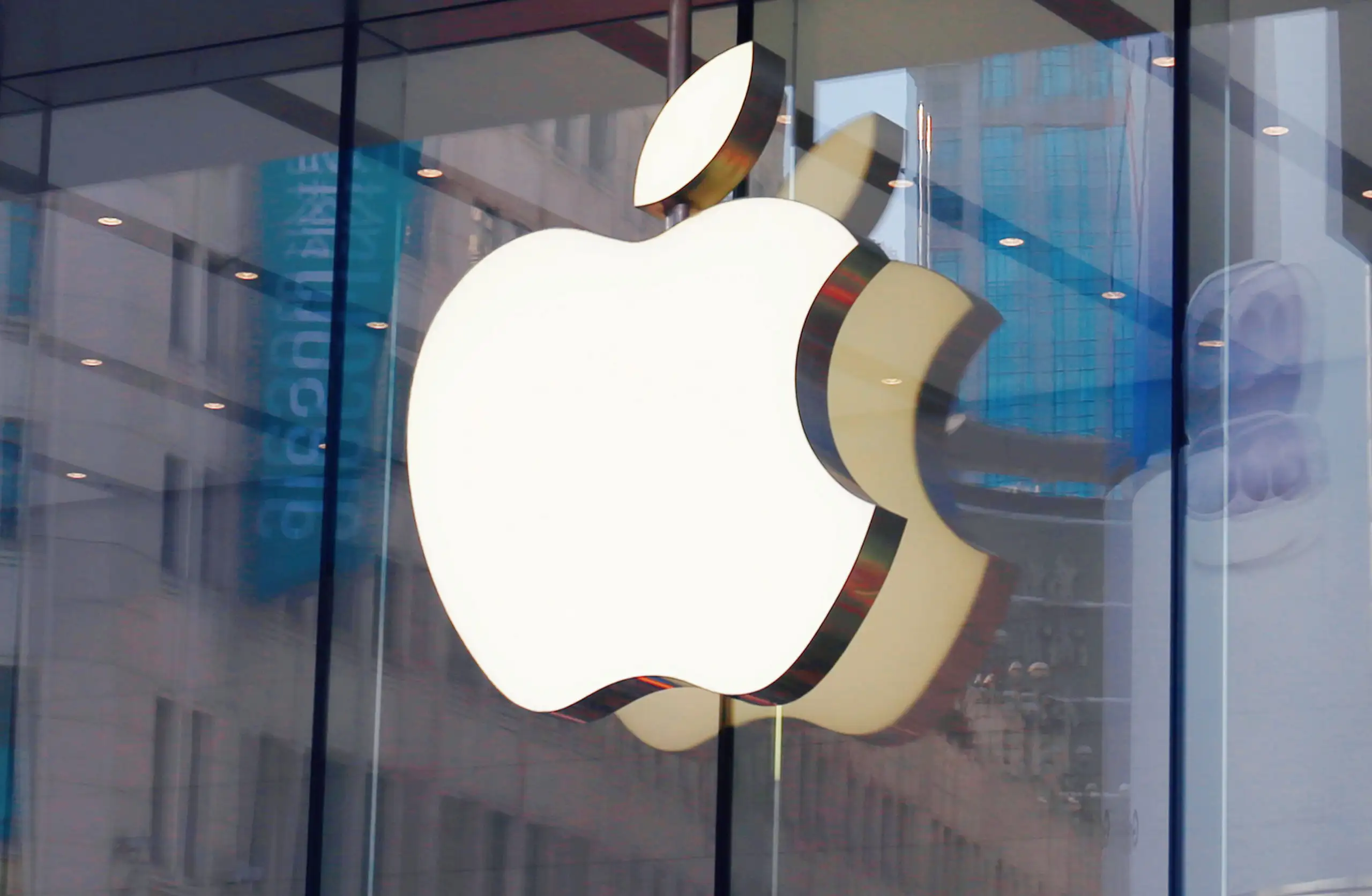Let’s recap the last few weeks:

- IBM’s Arvind Krishna: “Your career does suffer” when you work remotely.
- OpenAI’s Sam Altman: Going fully remote was “one of the tech industry’s worst mistakes” and “the experiment on that is over.”
- Lyft’s David Risher, reneging on the company’s flexible-work policy: “Things just move faster when you’re face to face.”
- Billionaire Sam Zell: Remote work is “a bunch of bullshit.”
They aren’t alone…
Execs who’ve publicly railed on remote work form a corporate America all-star team: Bob Iger, Marc Benioff, Jamie Dimon, Elon Musk, and Howard Schultz.
You’ll repeatedly see numbers like these used to back their cause:
- US workers’ Q1 productivity dipped, down 2.7% YoY from 2022.
- Low employee engagement cost the global economy $7.8T in 2021.
But is that the whole story?
Of course not. It’s also not hard to find data and studies that back the case for remote work.
Plus, the economy isn’t a monolith — the merits and demerits of in-office, hybrid, and remote work arrangements vary by company and industry.
Economist Gregory Daco told Fortune it all comes back to trust: “The office isn’t essential. Work can be done remotely. The question is… is there trust that employees are actually working?”
As the remote-work battle heats up, here’s to hoping everyone can rally around this universal truth: There’s but one truly perfect form of employment — getting paid to track damages from every crash in The Fast and Furious franchise. (It’s remote.)










